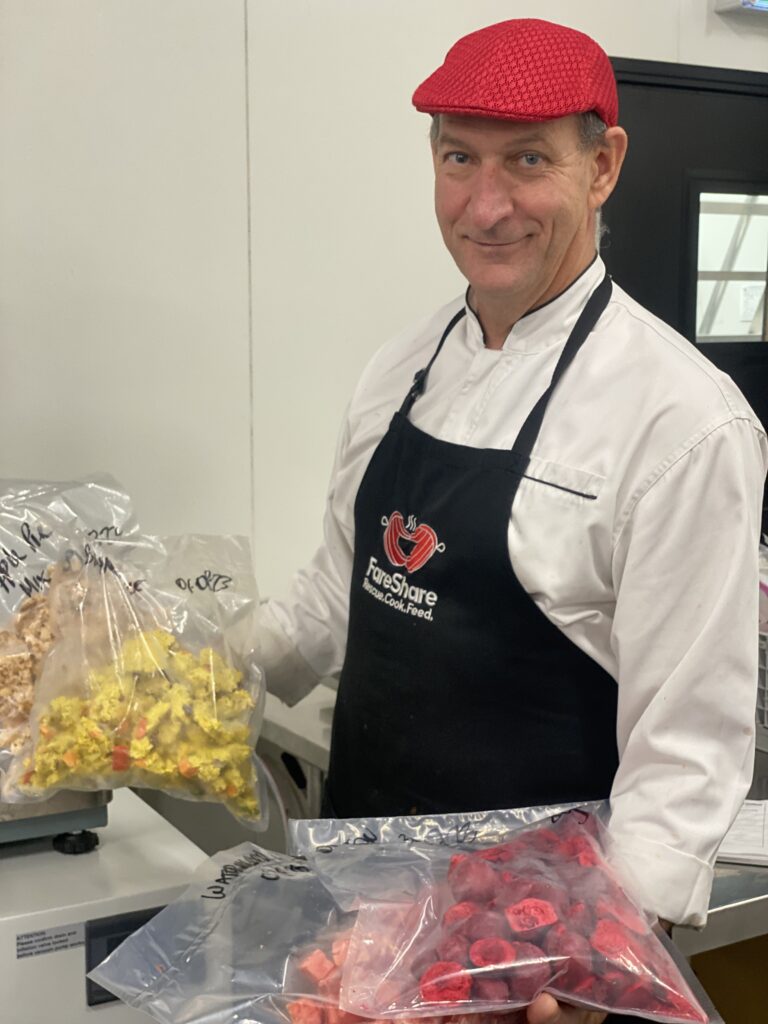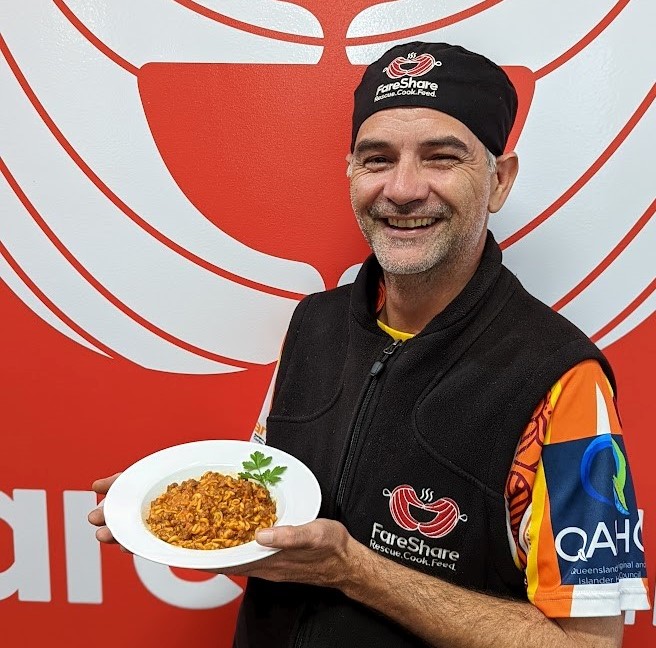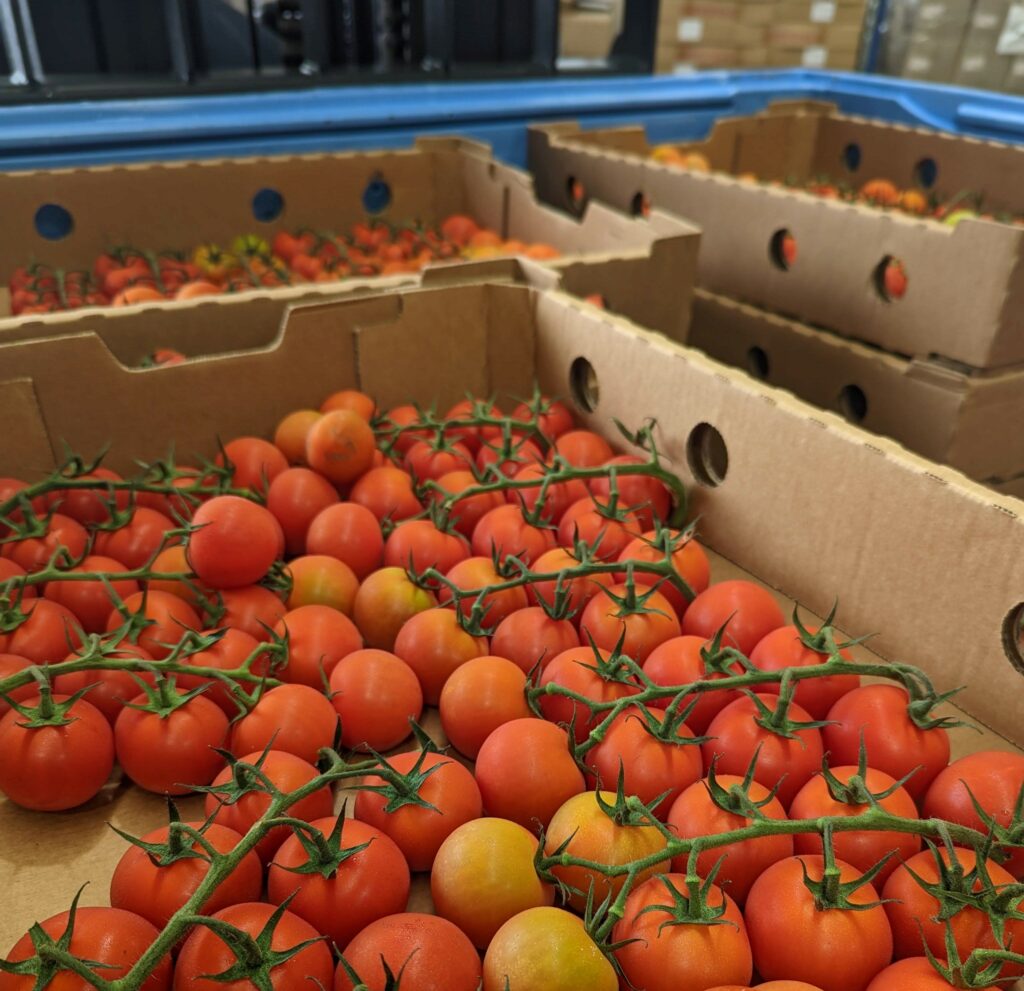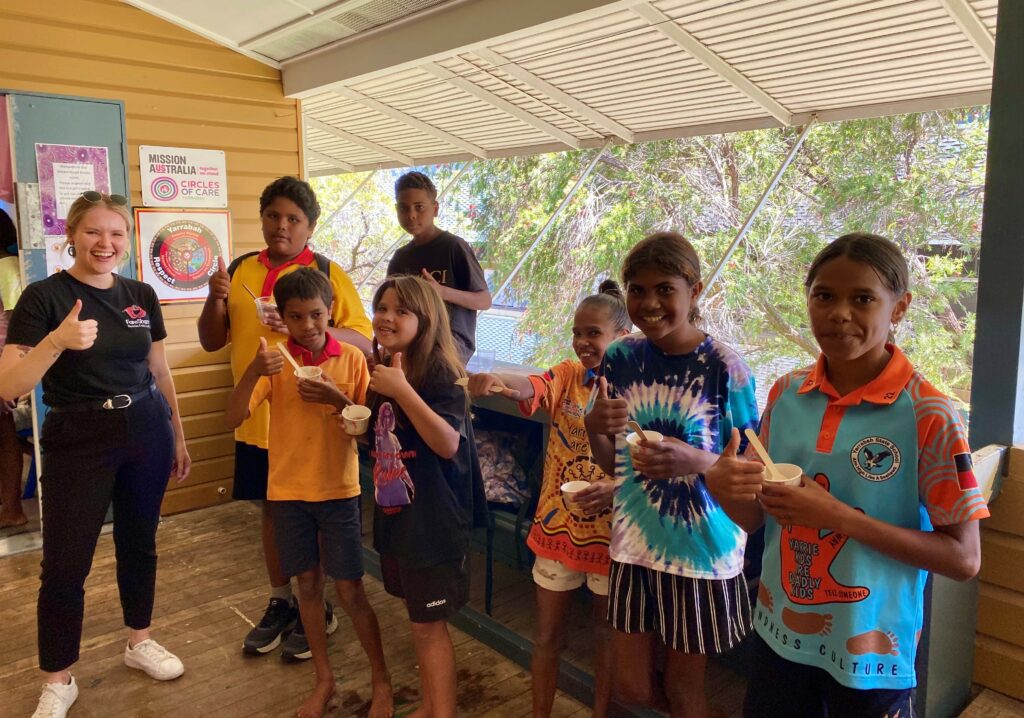Non-perishable meals
The new frontier of food relief
FareShare is developing a range of tasty, nutritionally-balanced meals that address the storage and infrastructure challenges often faced by people who experience food insecurity, particularly those impacted by natural disasters or living in remote locations.
By harnessing the latest freeze-dry and thermal-processing technologies, FareShare can transform our meals so that they do not require refrigeration and have a greatly extended shelf life. The new meal formats give greater options for people living in remote areas cut off by seasonal floods and those impacted by natural disasters which often leave people without kitchens or electricity for long periods of time.
Technologies to extend shelf life explained
How non-perishable meals help tackle food insecurity
Many people who experience food insecurity have limited or no access to cooking facilities, a fridge or safe storage.
They may be homeless, sleeping in their cars or in parks.
Unable to pay their utility bills, their gas and electricity supply may have been cut off.
Others could be fleeing domestic violence and living in temporary accommodation without cooking facilities.
Or they may be children facing school without breakfast or lunch.
To tackle these challenges head on, FareShare is expanding our meal range to include non-perishable options which can be enjoyed by anyone who needs them, regardless of their location or circumstance.

“As the frequency and severity of disasters across Australia increases, the ability to provide urgent support when and where electricity, cold storage and cooking facilities are unavailable, make long life meals a game-changer.
“We’re working with leading consultants in thermal processing, nutrition and food technology to transform food into healthy, appetising meals that are easy to transport, store, and heat wherever they are most needed.”
– Kellie Watson, FareShare Director of Special Projects.
Non-perishable meals for disaster preparedness and response
Natural disasters can quickly disrupt food supply. Power and cold storage may be unavailable. Food that is easy to store and requires little, or no cooking or refrigeration is ideal for providing emergency relief.
Non-perishable meals can improve local preparedness and response capability, ultimately reducing the impact of disasters on the communities affected.
The long shelf life and small storage footprint means that FareShare non-perishable meals can be put in place prior to events occurring.


How non-perishable meals help reduce food waste
Food waste is often seasonal, but it can also occur unexpectedly as a result of human error. Seasonal gluts, such as dozens of pallets of tomatoes that need to be used within three days, may be difficult to put to good use.
With the capacity to harness freeze-dry and retort technologies, FareShare could extend the lifespan of these perishable foods for years. This would allow us to create a food reserve to sustain our kitchens through lean months and maintain high nutrition content in our frozen meals without compromising texture or flavour. There would also be important dividends to cutting food waste.
What's next?
A successful pilot project saw taste trials of pasta with Bolognese sauce receiving a big thumbs up from First Nations staff and students at Yarrabah Primary School, together with Elders, youth and council workers from Mornington Island in Queensland’s remote Gulf of Carpentaria.
We are now in the early stages of a project with the Queensland Department of Agriculture and Fisheries which will see the development of tasty nutritionally-balanced meals that recognise cultural and dietary preferences. These meals will be subject to trials across various thermal processes, rigorous laboratory testing for shelf life and sensory evaluation within community.

Our non-perishable meals program is funded by:
- Queensland Government - Department of Environment and Science
- End Food Waste Australia
- NAB Foundation
- Energex Community Fund
- Southern Paradise Foundation
- CR Powered by Epiroc